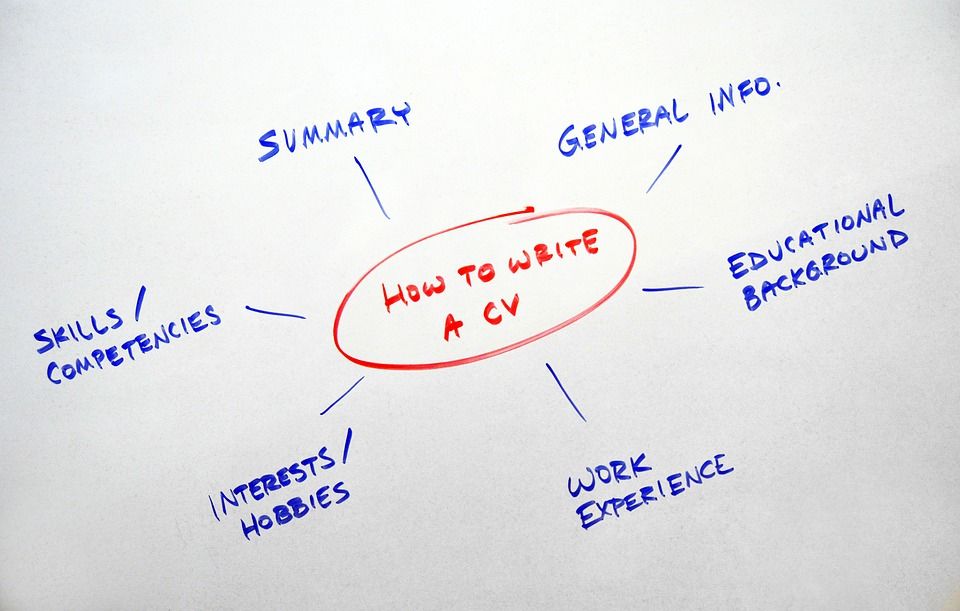
Retail Operations, Senior and Executive, Hospitality and Leisure...
Retail Recruitment Tips for writing a great Retail CV
It's almost impossible to consider looking for retail jobs online without an accurate, up to date CV
Retail recruitment agencies don't just use job postings to attract candidates, they also actively search the growing number of online CV databases, and are even developing their own CV databases of potential recruits for future jobs.
The bottom line? You can't afford to get your CV wrong. It must be well-presented and highlight the skills and experience retailers are looking for. To make sure you have a great CV you need to consider the following:
Style and layout
Retail is a labour intensive industry and managers can spend a lot of time scouring CVs and application forms in a bid to fill vacancies. Your aim is to make it easy for them to put your CV in the 'in' pile rather than throw it out. Always check the job advertisement for any information about how the recruiter wants to receive your CV. For example, most recruiters will only accept CVs as Word documents and/or PDFs. This makes it easier to store the data and share it with colleagues.
Your CV should be clear and concise and ideally no more than two sides of an A4. It needs to be easy to read on screen as well as when printed out. So don't use lots of fancy fonts or colours to highlight odd bits of information — these are just distracting. You might, however, use a minimal amount of bold text to signpost different sections, but don't go overboard - it just looks tacky.
Information to include
Personal details — name, address and telephone numbers are enough. Keep this information at the top so it's easy to retrieve your CV. Nationality is also important in retail because employers want to be sure you're eligible to work for them. You don't need to mention your age and you don't need to include a photo - it's not a modelling assignment.
Education — if you're a first or second jobber then you should list your education before your work experience. It's worth listing academic qualifications from GCSE onwards and any professional qualifications you have. These could include any work-based qualifications such as National Vocational Qualifications — especially if they are in retail. If you have grades to be proud of, include them in the CV.
Older, more experienced job hunters should keep this section brief and include it after employment history. If you left school with GCSEs or A levels then simply state that. If you graduated from university, it's always worth saying what, where and when you studied, as well as the qualification you got at the end of it.
Don't forget to include any other relevant professional or skills training you've had. Retailers are keen on staff development and although qualifications such as a customer care certificate you got in a previous job won't, on its own, get you an interview, it shows recruiters you take your personal development seriously.
Work experience — list this in reverse order with your current or most recent job first. Recruiters want to know where you worked and the job you did. Beyond a brief description of your responsibilities, they will want to know what you achieved to give them an idea of what you could do for them.
For example, perhaps you were involved in a store makeover that brought more customers through the door or resulted in increased takings. Make sure your CV emphasises your role in this. Wherever possible, put a monetary value on it. If you can show you pretty much paid for yourself, you'll be more likely to grab the recruiter's interest.
If you don't have retail experience, you need to consider what transferable skills you have acquired. For example, most jobs involve some aspect of customer care, even if your customers are your colleagues. And there are few jobs that don't require some sort of teamwork. Don't underestimate the power of these skills in the world of retail, so be sure to highlight them.
Keywords — e-recruiters use keywords to search a raft of CVs for possible interviewees. These will be a set of words or short phrases that capture the skills and experience they need the job holder to possess. Retail keywords could include customer service, team work, flexibility and communication. They could also focus on the products the business sells such as fashion, food, homeware or electrical retail experience.
Keywords will vary from job to job. For management vacancies, they could include team building, influencing others or driving profitability. For designer jobs or visual merchandising jobs, they might be looking for phrases such as creativity and innovation or brand awareness.
Make keyword technology work for you by scouring the jobs in your chosen field to get an idea of what keywords are going to prick up the ears of the recruiter.
Other skills — it's worth including other skills you've gained, such as being able to drive or speak another language. They show you're a well-rounded person and while they may not be directly relevant to the job, they might tip the balance in your favour.
Hobbies — OK, so these are optional, so don't major on them. Their primary role is to help interviewers break the ice by discussing something more personal with you. Don't make them up. Murphy's law dictates at if you stick pottery as a hobby on your CV, you'll be interviewed by a pottery fanatic.
C2 Recruitment is celebrating 10 years success in Retail Recruitment this year. We are a boutique recruitment agency specialising in retail, hospitality and leisure recruitment. All of our consultants have sector specific backgrounds. If you get in touch with us today you’ll be assigned a consultant with direct experience in your sector – someone who really has walked in your shoes!
